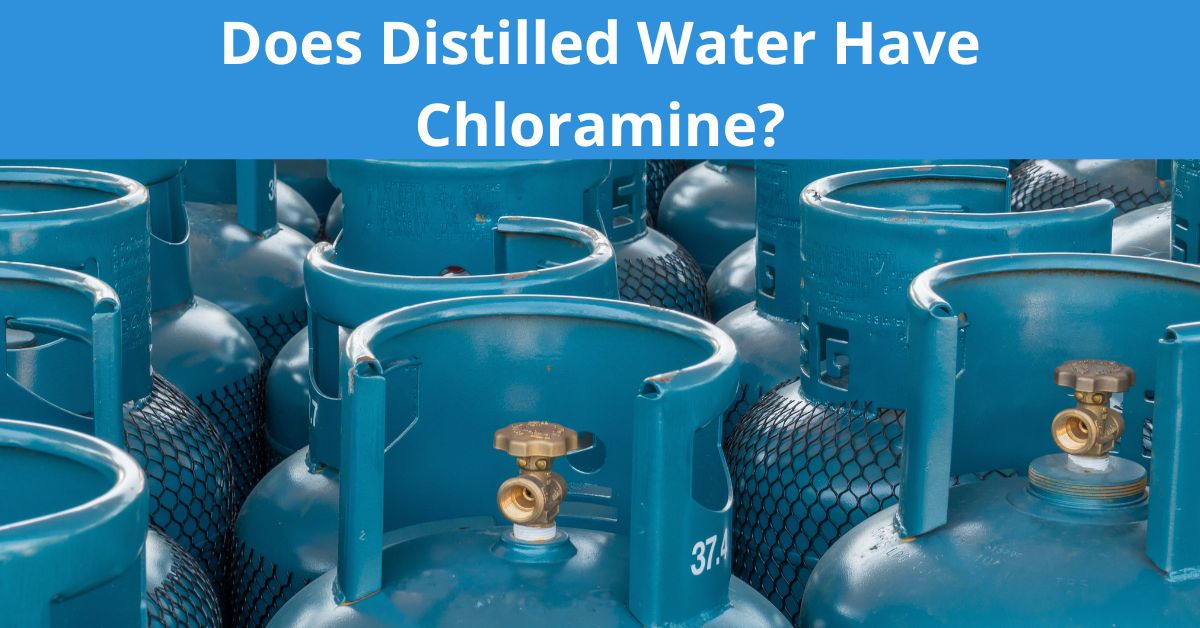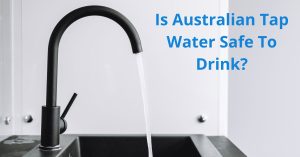Many municipal water supplies use chloramine, a combination of chlorine and ammonia, as a disinfectant to treat tap water. Unlike chlorine alone, chloramine does not dissipate from water over time. This means chloramine can remain in your drinking water long after it leaves the treatment plant.
The presence of chloramine can give water an unpleasant taste and odour, making it unpalatable for drinking and cooking. Chloramine has also been linked to potential health concerns like respiratory issues, kidney problems, and digestive disorders for some people.
So, does distilled water have chloramine? The simple answer is no – quality distilled water should be completely free of chloramine and other contaminants. But how can you know for sure if your drinking water contains chloramine, and what methods effectively remove it?
How Do I Know If There Is Chloramine in My Water?
There are a few signs that can indicate the presence of chloramine in your tap water:
- Noticeable chlorine/swimming pool odour or taste
- Dry skin, brittle hair, and irritated eyes after showering
- Issues with aquarium fish or plants dying
However, the only way to definitively detect and measure chloramine levels is through water testing. Many municipal water suppliers publish annual reports on their websites listing levels of disinfectant residuals like chloramine.
Alternatively, you can purchase inexpensive water test strips or kits to check chloramine levels yourself. These typically use a colour-change system to provide an approximate measurement.
What Removes Chloramine From Tap Water?
If you want to remove chloramine from your home’s water supply, there are several effective options:
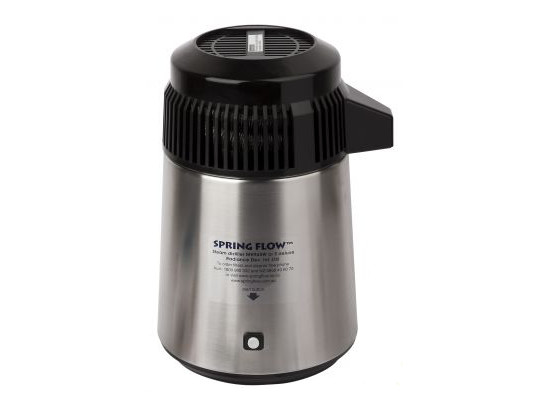
Distillation
Distillation is one of the best methods for eliminating chloramine along with other inorganic and organic contaminants. A water distiller like the Megahome Water Distiller or other models designed for home use work by boiling the water into vapor and then cooling and condensing the vapor back into purified distilled water. This process leaves contaminants behind. Properly maintained distillers can provide chloramine-free water indefinitely.
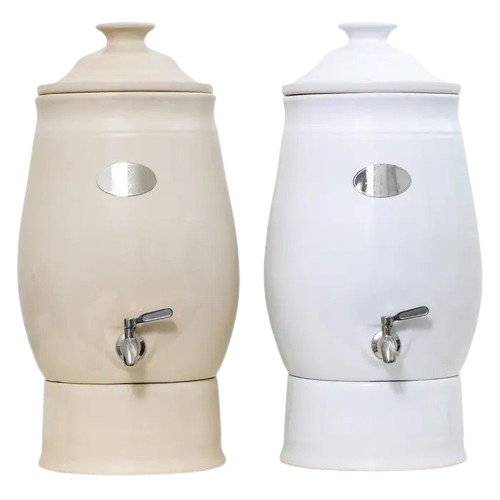
Ceramic Filters
Quality ceramic filters with tight micron ratings can physically filter out chloramine molecules from water. Some quality benchtop water filter like the British Berkefeld Water Filter contains sturdy ceramic candles designed for this purpose. Another excellent option is the Ceramic Gravity Water Filter with Fluoride Removal, which uses the UltraCeram ceramic gravity cartridge rated to 0.5 microns.
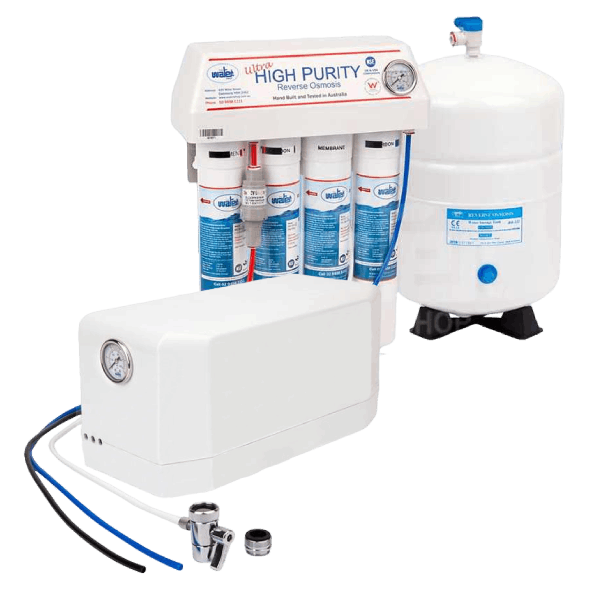
Reverse Osmosis
Reverse osmosis (RO) systems use semi-permeable membranes to block contaminants like chloramine while allowing purified water to flow through. Some special under sink water filters and reverse osmosis water filter offer an effective all-in-one chloramine removal solution.
Catalytic Carbon
Some drinking water filters utilize catalytic carbon media that chemically converts chloramine into harmless nitrogen gas and sodium chloride (salt). While not as thorough as distillation or RO, quality carbon filters can reduce chloramine to safe levels.
Water Pitcher
Inexpensive water pitcher filters with carbon cartridges may reduce some chloramine, but their performance is generally inconsistent. These should only be considered a short-term solution.
The best way to ensure your drinking and cooking water contains zero chloramine is by investing in a home water distiller, quality ceramic or carbon filter, or reverse osmosis system. Many of these products are affordable and your senses of smell and taste will thank you!

